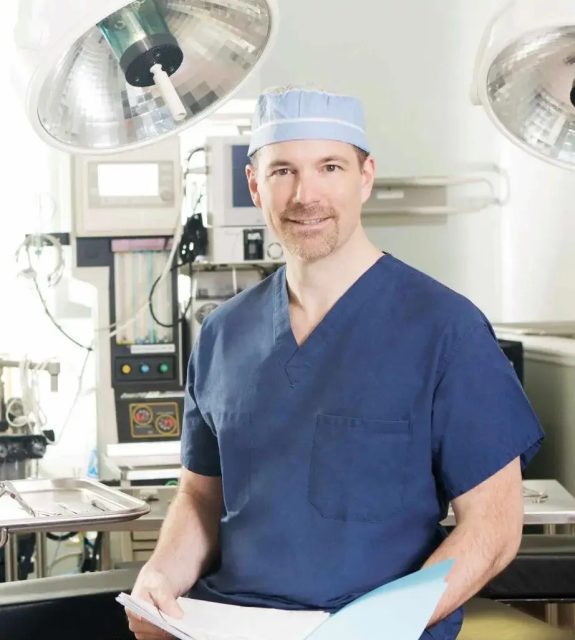Heart disease is the number one killer in the United States. Edging out deaths caused cancer, strokes, lung disease or diabetes, heart disease claims roughly 600,000 lives per year.
At the Albert Einstein College of Medicine, one of the nation’s premier medical research and educational institutions, more than 2,000 full-time faculty members are working to improve the lives of people afflicted with all of these diseases and more. Einstein’s Women’s Division is hosting the college’s 61st Annual Spirit of Achievement Luncheon on May 19th to benefit cancer research conducted by its leading scientists and to celebrate the breadth of research conducted every day on its campus. Candice Bergen and Renée Fleming will be among this year’s honorees, alongside leading pediatric cardiology specialists Drs. Daphne Hsu and Robert Pass.

“I’m very excited to be honored in this manner, particularly so because of the achievements of all the other winners this year. It really is humbling to be mentioned in the same sentence as these other women,” remarked a gracious Dr. Pass. Having spent eight years at the top of his field with Einstein and, formerly, ten years at Columbia University, Dr. Pass kindly took the time to discuss some important habits that every young person should cultivate if they take their heart health seriously, and if they want to remain fit throughout their life.
- Never smoke. Smoking of any kind is highly associated with development of cardiovascular disease, lung disease and cancer. Smoking marijuana, or even electronic cigarettes, does not exempt users from these dangers. Adults sometimes forget to tell their kids this basic health fact, which many of us have come to take for granted. Evidence from an overwhelming multitude of studies indicates that not smoking is one of the most important health choices a young person can make.

- Be active. Walk, run, or play every single day. The American Heart Association generally recommends about 60 minutes of activity per day, whether it’s biking, swimming, jogging, playing on a team, or dancing. Inactivity has been linked with obesity, and in today’s culture, where it is normal to sit in front of a computer or TV screen for hours at a time, the dangers of a sedentary lifestyle may be more prevalent for young people than they used to be.
- Eat a heart-healthy diet. Vegetables and fruits remain key components to any balanced diet, along with whole grains for fiber and oily, nutrient-rich fish like salmon about twice a week. Red meat intake should be kept to a minimum, and young people in particular need to beware of the hidden, empty calories in super-sugary drinks.
- Maintain a healthy weight. Every child has a normal height and weight for a given age. Pediatricians generally read changes in one’s Body Mass Index (BMI) percentile—when weight gain outstrips height growth—as an unhealthy warning sign. The good news, as Dr. Pass reminds us, is that non-pharmaceutical treatment can be found in his above advice regarding diet and exercise. Healthy habits work together.
- Watch your blood pressure. Doctors typically measure blood pressure once per year, and they rely upon it as an indicator for various health problems. Irregularities can signal the first sign of a problem with one’s kidneys or the hardening of arteries, which is a sign of cardiovascular disease. The most common cause of high blood pressure is obesity, which, again, can be treated naturally. Eating well and staying fit can ease blood pressure and weight issues alike.
To attend the Albert Einstein College of Medicine's Spirit of Achievement Luncheon, you can buy tickets here.























